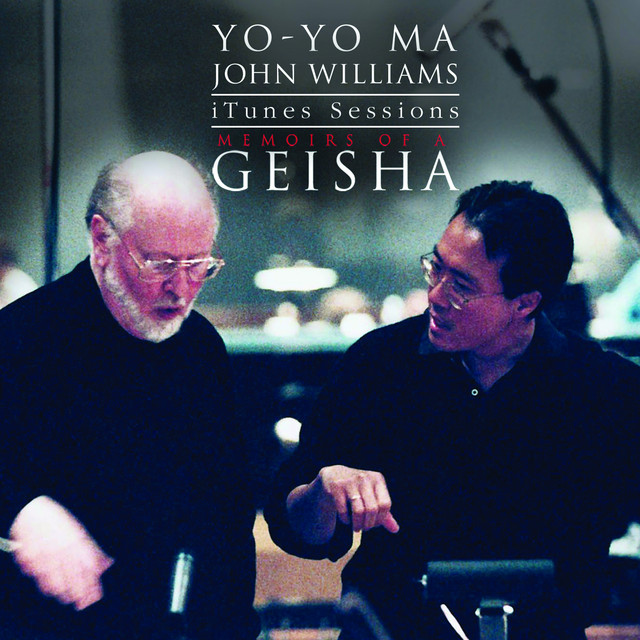
Akihabara, Japan, one of the most notable centers of otaku culture.
So while looking into various parts of Japanese anime/manga fan culture and how it has impacted the entertainment industry in America, (Eureka Seven has a lot of “pop crosscultural currents” within itself alone to explore) I decided to look up one of the less favorable terms that reoccurs both in Japan and as a loanword in the US, “otaku”.
Most have probably heard it stateside in the negative context, along with the even more demeaning “weeaboo”, from what I’ve read it applies beyond anime or manga in Japan and is slang term referring to an obsessive, not necessarily unhealthy, interest in a subject with there being twelve ranked otaku interests.
What I found interesting is that the its sub-culture origin in Japan came from school clubs where students various interests outside school work were encouraged (at least what I’ve found so far).
I also found, and expected to find, the general accusations of otaku culture, and even using it as a loanword, outside of Japan as being cultural misappropriation, on top of the already negative stereotypes.
I admit that the otaku topic and exploring into already has me out of my comfort zone, mainly because of the stigma, misappropriation issues, the “weeaboo” derogatory term (thanks 4chan…), and not wanting others to apply this to me. It became personal very quickly reading extremely negative things, whether they were true or not. Continue reading →



